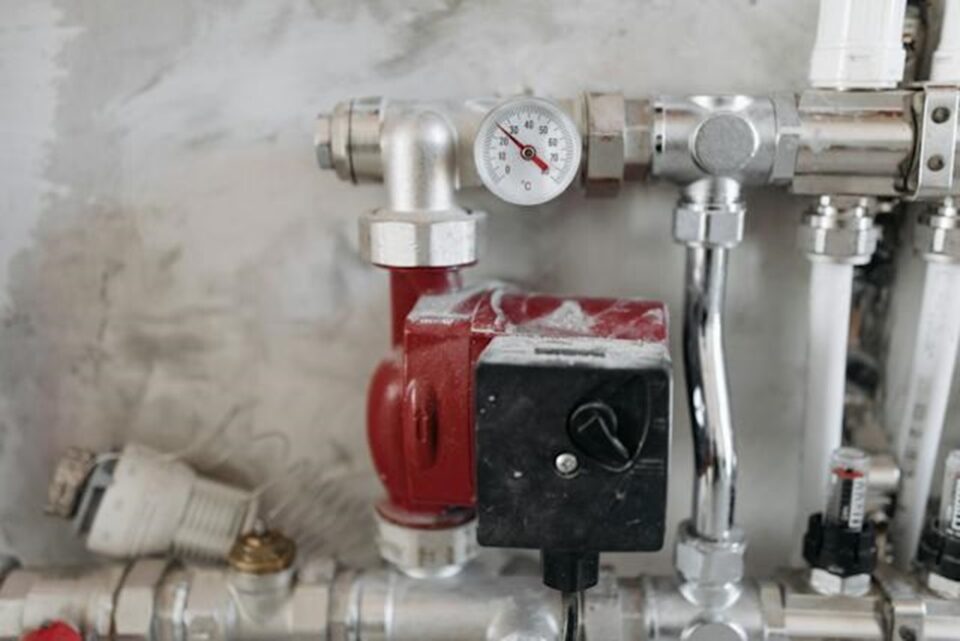We may often take it for granted, but modern plumbing is an incredible thing. Many places in the world still don’t have cold and hot water ready whenever you turn the tap, and given how water is a biological necessity, it is something we should appreciate. But in winter, the pipes can turn on you and end up costing you due to damage to your home.
When temperatures dip, pipes can freeze, resulting in devastating floods. If this happens, you’ll feel understandable panic. You do not want your personal property to get damaged or mementoes to get destroyed, and if your home is unhabitable, you will need somewhere to live and have this additional expense paid by the insurance company.
Here are the first things you should do in a house flood.
Frozen Pipes Causing Stay Calm
While your nerves are understandable, you will need to calm yourself down because these steps are important. Hopefully, knowing what to do will help ease your nerves.
Document The Damage
You will want to get compensation from your home insurance company, which means you need to relay the extent of the damage to them. Documenting this fully, accurately, and swiftly is very important and will help you get your claim submitted.
Take photos and videos that illustrate the full extent of the damage. However, only document the damage if it’s safe to enter your home! Basement floods and electrical wiring do not always mix well.
Contact Insurance
What type of insurance do you have? Not all water damage is covered under typical home insurance, and different types of coverage are necessary for different types of damage. For example, you may very well be covered for water damage due to a burst pipe but not a flood caused by rising water levels, as that water originates outside the home.
It’s the job of a public adjuster to relay to the insurance company the extent of the damage based on their assessment, but you don’t need to receive their conclusion passively. Hiring an insurance lawyer can help negotiate a better settlement and streamline the claims process by having someone working on your behalf with your best interests prioritized.
Clean Up
Again, assuming it’s safe and water levels are not too high, you can begin cleaning now that you’ve documented the damage. It’s wise to turn off the utilities to the home and wear rubber boots if wading through water.
How old is your home? It’s possible that lead-based paint can get loosed up in the water, or mould spores can develop. Wear an N95 mask or respirator to ensure you avoid inhaling dangerous particles. You should either hire an expert to remediate the water properly or push the insurer to hire someone. An insurance lawyer can help advocate for you if the insurance company will not reimburse you for these expenses. Be wary of doing much remediation work or cleaning on your own, as it may cause additional damage if not done properly and complicate your claims process further. If this is the case, an insurance lawyer can help you navigate this dispute with the insurance company.
Even if you have the patience to wait for the insurance claim to finalize, the water isn’t waiting! You need to dry out your belongings and home as quickly as possible. Do not begin the salvaging process without contacting your insurance company first, as that could really harm your claim.
Water is essential, and we use it for countless everyday things, like washing food and bathing. But it needs to be safely controlled and in the right place. If the Canadian winter bursts the pipes in your home, remember the above tips, and you’ll be all right.


